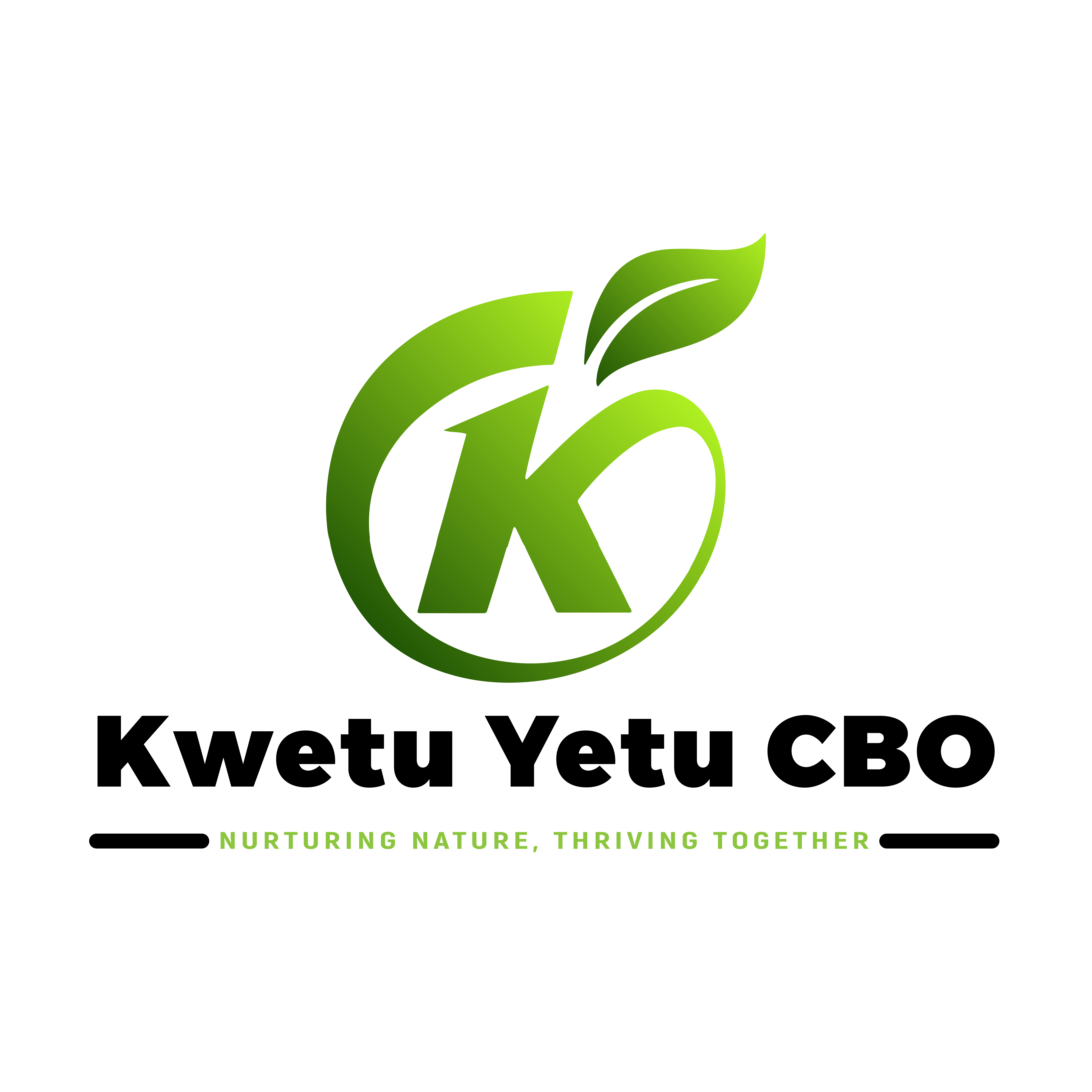Traditional ecological insights, wisdom, and knowledge are passed down through generations. This is very important, especially in environmental conservation and sustainable development.
However, with increased use of technology most people especially the young ones may see this knowledge as backward and useless but it is the one that guided the way of life before technology and climate change.
Unfortunately with age the bearers of this knowledge are getting old and frail and their memory is failing them and eventually at the end of their time they exit the stage without leaving a backup. It is a great loss.
One such resource bearer is Mama Salome who lives adjacent to the Arabuko Sokoke forest which is a UN biodiversity Hotspot. The forest has not been spared the effects of climate change exposing the animals that are endemic to the forest in danger of extinction and the rich floral diversity to be a thing of the past only to be seen in books.
Mama Salome and other wisdom bearers play their hummingbird role by growing the species they need for herbal remedies at their farms creating a source of seeds in case the species in the wild disappears and also relieves the natural forest of the pressure of extraction which can be detrimental to the ecosystem when it is done without caution.
She also attends forums where environmental matters are being discussed and explains the need to domesticate the trees. She also shares her knowledge of herbal medicine and the common remedies for example the ones that were used by men to gain energy (coconut and raw cassava)
People of all ages are encouraged to stay close to such people and absorb the knowledge. The only way to ensure the baton keeps moving in the fight against climate change race.
Article written by Julia Wahome












